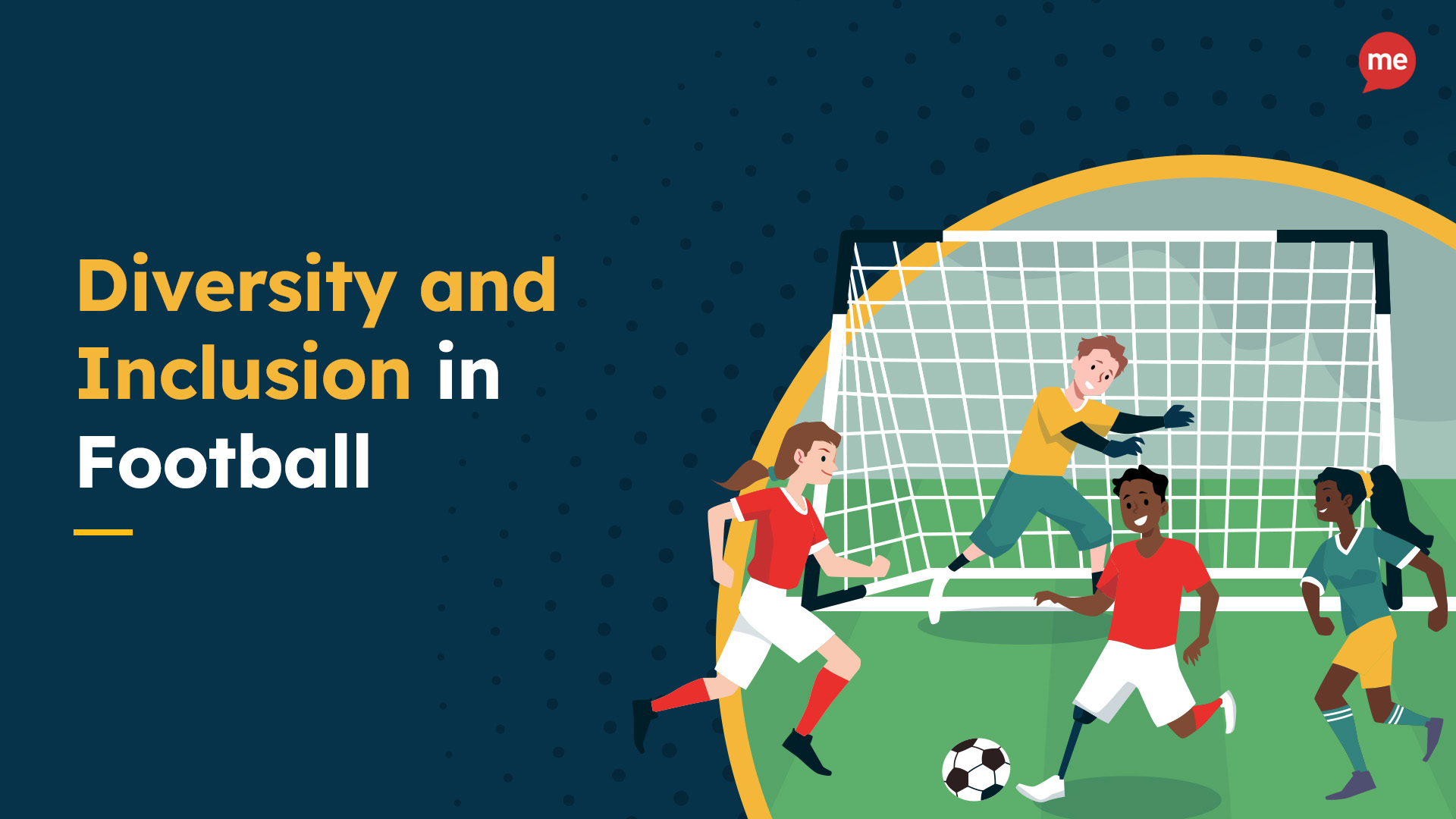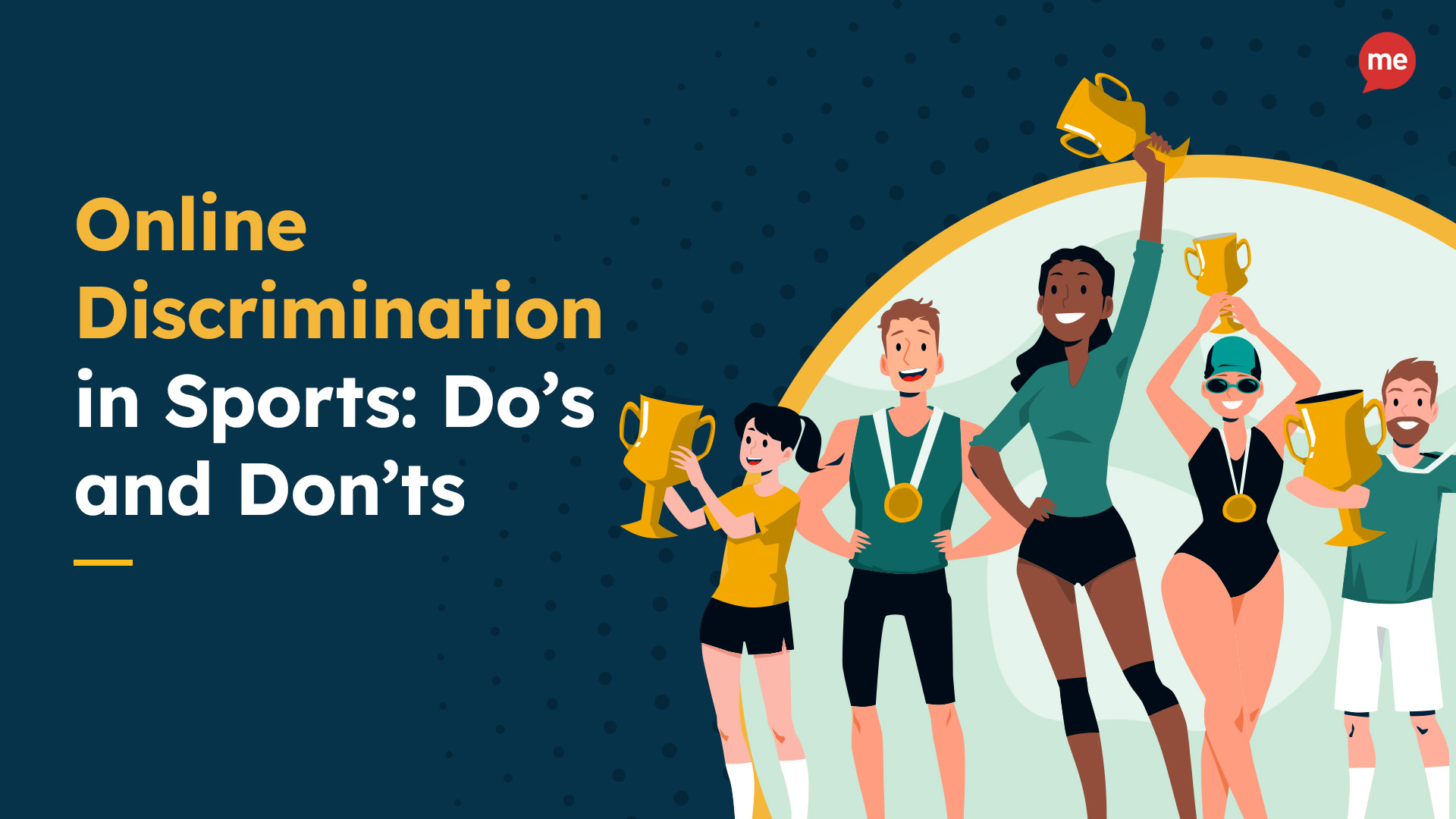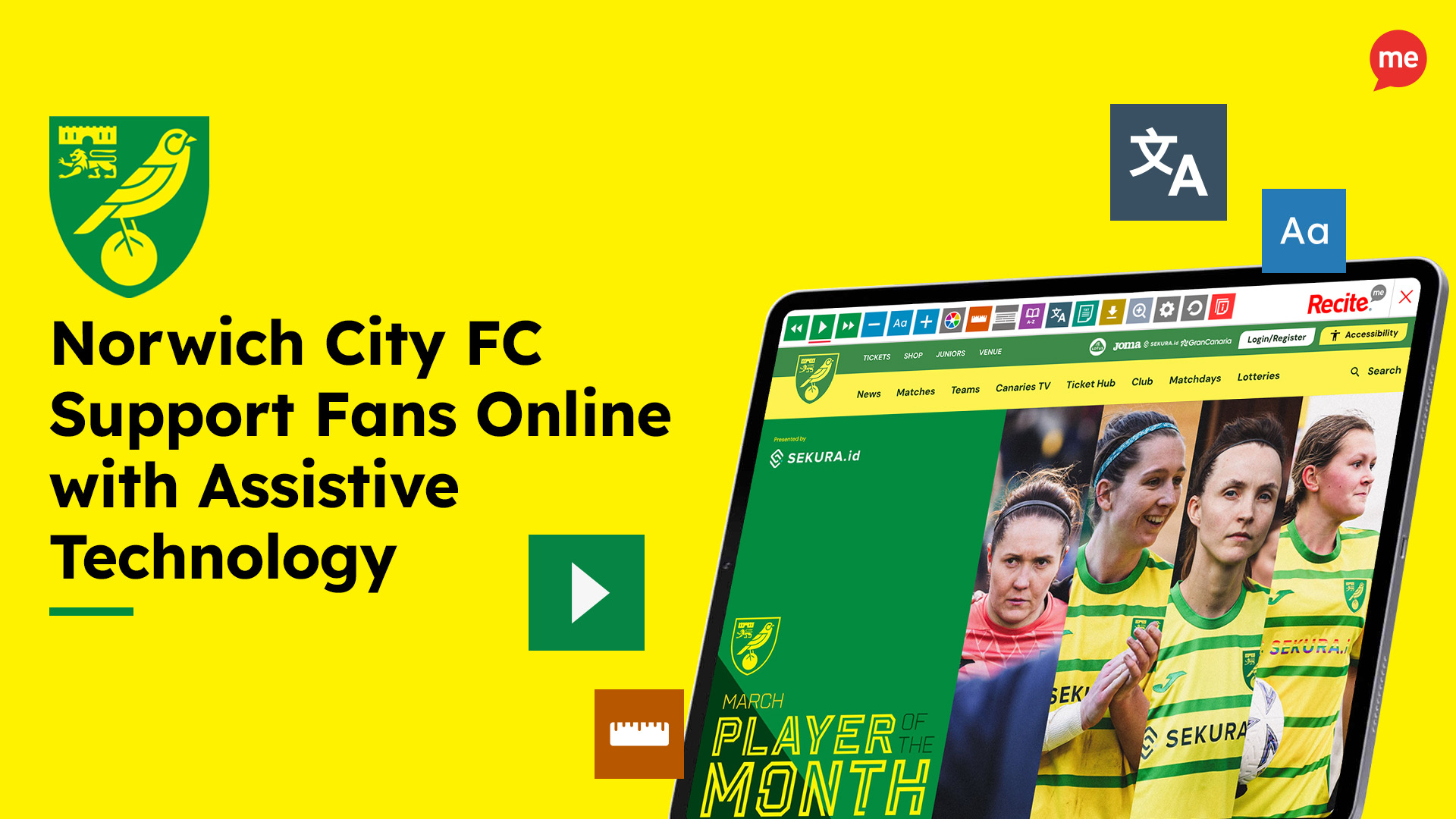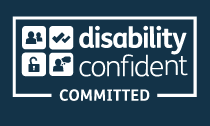The premier league was back in action across our screens this weekend with a jam-packed fixture list. The return of regular sporting events was welcomed by fans across the country, and people tuned in to watch in record numbers.
Sport, and in particular football, has always been associated with having a strong community vibe and is increasingly recognised as a means for promoting social inclusion. So it is hoped that the return of premier league fixtures will be a welcome boost to mental health and bolster the hopes of the nation as we collectively feel our way through a period of continued uncertainty.
Inclusion in Football
Football is known throughout the world as “the beautiful game” and is a sport that, for the most part, brings out the best in people. Football clubs are often at the heart of a community, and many are predominantly grassroots driven. Because of this, there is a longstanding tendency within the sport towards supporting the underdog, and standing up for those who are being discriminated against or whose voices cannot be heard. A prime example of this hit the press just last week, in the form of Marcus Rashford’s passionate letter to the government regarding policies on free school meals for poor and underprivileged children.
The vast majority of sporting venues have already made their stadiums, pitches, and arenas accessible to those with physical disabilities, and organisations like Kick It Out are proactive in tackling racism and discrimination in football across England. So as sports go, football is considered to be ahead of the ball (no pun intended!) when it comes to diversity and inclusion. But is this enough? And what do other sporting sectors need to do to catch up?
Supporting Sports Fans
In the continually changing landscape of 2020, there is certainly a need to consider the support systems in place for fans and followers. Everybody should have the opportunity to be involved in the sports community and no individual should be discriminated against on the grounds of age, disability, or language. This is why supporting sports fan online as well as in the physical world is so important, as you’d be surprised how many people have limited access to information and resources due to web inaccessibility:
â— There are 1.5 million people in the UK with a learning disability.
â— 4.2 million people in the UK speak English as a second language.
â— 10 % of UK citizens suffer from dyslexia.
â— Around 2 million UK residents and up to 285 million people globally suffer from a visual impairment.
Football is a particularly interesting sport when it comes to accessibility due to the number of fans overseas who do not speak English as a first language. It’s is an old cliché that the majority of Manchester United fans are not actually from Manchester, but to use the club as a case study, of their 73 million fans on social media channels, just a small fraction are actually based in the UK.
Digital Inclusion in Sports
Providing empowering experiences regardless of physical or mental disability and the breaking down of barriers have always been important aspects within sport. However, with teams now playing in empty stadiums and fans turning to the internet for information and updates, there is a heightened need for increased diversity and inclusion online as well as on the pitch.
Football is a global game and club websites are the central hubs that bring everyone together. With physical access to matches restricted, the internet is currently the only place where sports fans across the world can come together. So to maintain a positive community vibe, clubs must become more inclusive and accommodate those with online accessibility issues. Recite Me believes that allowing people to come together online to share their passion for football should be a key goal for all football clubs in 2020.
“Proving an inclusive website enables supporters to come together and share their passion for football regardless of their disability or differences.”
Recite Me Founder and CEO Ross Linnett
The websites of sporting teams provide visitors with everything they need to know about their favourite club, whether it be the latest news, match reports, fixtures, or the opportunity to purchase tickets and merchandise. Many club websites also have forums where supporters can get together as a community to share their passions, opinions, and ideas. Most of us take access to all of this for granted, but it is an amenity that not all supporters have. At some stage, we’ve all felt the disappointment of not being selected or considered for a team. Even if your only experience of this is being picked last in a games class at school, those feelings of not being deemed equal or good enough to take part can form lasting memories. Now imagine feeling like that all of the time, and you begin to gain an appreciation into the mindset of those who are constantly excluded online due to learning difficulties, disabilities, and language barriers.
In February 2015, as part of the Premier League’s commitment to accessibility, clubs agreed that improving provisions for their disabled supporters would be a priority for investment in the three-season period starting 2016/17. As a result, many clubs have been making accommodations for this online as well as at their training grounds and stadia.
“Part of the commitment to accessibility that Premier League clubs made has been related to our web offering. It’s hugely important for our website, and the information included, to be as accessible as possible”.
Dave Messenger, Supporter Liaison & Disability Access Officer, Watford Football Club
Inclusion Successes
Many football clubs and other sporting institutions have already made considerable steps to enhance the online experience of users who struggle with accessibility issues. Watford FC, Newcastle United, Everton FC, Leicester City, St Johnstone FC, Middlesex Cricket Club, and the Kick It Out organisation are among a long list of companies that have implemented the Recite Me assistive toolbar on their websites. Recite Me’s award-winning on-screen tools include a screen reader, adaptable text and colour contrast functions, and an on-demand live translation option, all of which help users to overcome their accessibility barriers and customise the website in a way which allows them to consume the information.
“We are delighted to have launched Recite Me on our club website. Our collective aim at Newcastle United is to create a culture as varied as that of the great city we are honoured to represent. This toolbar is a tremendous step forward in ensuring that people can access news and information about our club more easily which will undoubtedly increase our reach and engagement”.
Lucy Oliver, Head of Inclusion, Newcastle United Football Club
Recite me is delighted to be sharing in these successes and helping so many sports fans to remain active in their club societies. We encourage all sports teams and organisations to join the growing list of companies that are embracing assistive technology to promote inclusion in their online communities.
To find out more about Recite Me assistive technology or to book a demo please contact the team.






